Music sampling is the act of taking a portion of a riff, vocal, drums, or section from one song to create another song/beat. It has been long debated if it is cheating or not – but is it legal?
Sampling music is legal if you have obtained permission to do so by the owner of the copyright for the music. However, some companies create sample packs that are royalty-free and do provide those permissions when you purchase their sample pack.
This article will go into the details of sampling music and its legality, read on to find out more!
When Is Sampling Music Legal?
Sampling music is legal when:
- Obtaining permission from the copyright holder of the music.
- Bought a sample pack from a company – these can be both royalty or royalty-free.
- Sampling music that falls under the public domain copyright laws.
- Sampling songs from music licensing companies.
Obtaining Permission
Artists can expect to need at least two separate licenses when trying to clear a sample: the publishing and the master. This means that artists need to have a contract for a song’s words, music, and melody—all of which are covered by the publishing license—and also one for the specific recording being sampled.
Obtaining permission (clearing a song) to sample a song requires contacting the owner and copyright holder of the song. Typically the artist will need two separate licenses: a publishing license and the master license.
- A publishing license is for the song’s lyrics, music, and melody.
- A master license is for the specific song being sampled.
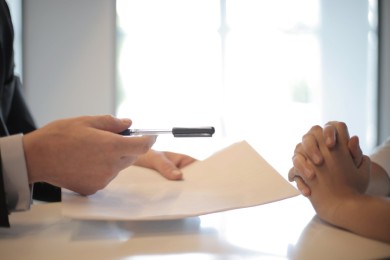
It’s recommended that you don’t handle the process of clearing a song for sampling. It can be a complicated process of knowing who owns or partially owns the song – from artists involved, publishing companies, labels, and other right holders.
If you use sampling, it’s best to contact the original artist through their publisher or record label (if they are still active) to find out if they allow sampling, what sampling they do/don’t allow and how much you will have to pay for sampling them.
Sample Packs
Sample packs can come as royalty-free (the most common), with a royalty term, or required to credit the source. Be sure the place you’re obtaining the sample pack from is a reputable company as you do not want to purchase a sample pack that is sampling another artist without permission.
Sample packs can be bought (or sometimes free) as royalty-free or royalty packs.
What’s the difference?
Royalty-free samples packs allow you to sample the music without having to share the revenue generated from music using those samples.
Royalty packs require artists to pay a percentage back to the producer of the sample pack. There are a few variations that the creator can take:
- The producer has to pay royalties on all earnings with the track.
- The producer has to pay royalties after ‘X’ number of streams/sales of their song.
- The producer has to pay royalties if the song is bought/used by a label.
Remember to always read the fine print as sometimes even royalty-free packs require you to credit the source/producer of the pack.
Recommended Sources For Sample Packs
These are safe places to buy sample packs from that also provide a lot of variety.
Looking for free sample packs? I have a list of my favorite ones!
Public Domain Music
Public domain music is music that has been around for 70 years after the death of the artist. If the work was a work for hire then the copyright persists for 120 years after creation or 95 years after publication (whichever is shorter) – according to the Copyright Law of the United States.
To find out more I’d also recommend reading the Music Modernization Act.
Music Licensing Companies
Music licensing companies are businesses that provide music that is cleared for use. They can also include companies that provide a hub where sound designers and melodic loop creators can upload their sounds for others to download.
A good example of a music licensing company for music samples is Splice. Splice is a company where you pay a monthly fee to receive a certain amount of credits that can be used to download samples.
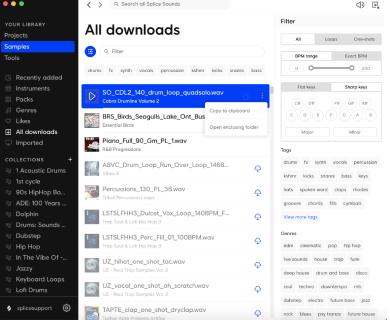
Samples that can be found on Splice can generally be bought as a pack from the producer creating them – but Splice allows us to buy each sound individually.
For example, if you like three melodic loops from a sample pack that contains 20 loops, instead of paying $30 for the pack with 30 loops (just to use three of them) you can use your monthly Splice credits to buy just those three loops.
Types of Sampling Techniques
There are many different techniques for sampling but the main one is getting a sample, chopping it up, and rearranging it so it makes sense in your song. It’s important to think of sampling as being an art form because if you listen closely, sampling is all over music today.
The most common forms of sampling include:
- Vocals/lyrics/hooks: This is when you lift lyrics from one song to use in another.
- Riffs/melodies: This occurs when you sample a riff, phrase, or melody from one song and use it.
- Drums: A lot of sampling comes from sampling kicks/snares/hi-hats, fills, or drum patterns. One of the most popular sampled drums is the Amen Break!
- Chopping: This occurs when you take an existing song but isolate certain parts of it (like drums or vocals) to use in another song rather than sampling the entire track.
- Remixing: While not actually sampling, this is when you rework another song with your own arrangement to create a new sound.
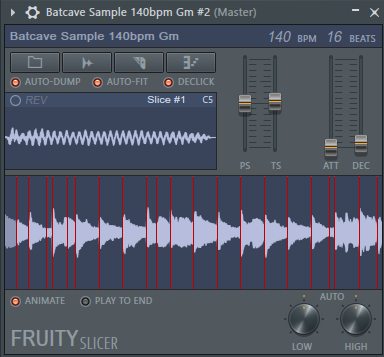
How Did Sampling Music Start?
Although sampling has been around for decades, the practice really came to light in the late ’80s after Marley Marl popularized sampling on De La Soul’s ‘3 Feet and Rising’ which borrowed riffs from James Brown and Lyn Collins (Funky Drummer) and also sampling ‘The Breaks’ by Kurtis Blow.
Many musicians make their money by sampling existing songs because it allows them to create new sounding tunes without having to come up with something completely original. On the other hand, sampling can be seen as stealing and ripping off other artists’ work.
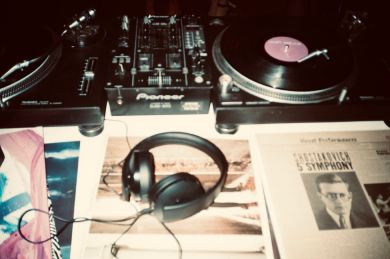
When sampling, it is very important to remember that sampling is an art form. Without sampling, genres such as hip-hop and electronic music would not exist today. This makes sampling a great way to pay your respects to the musicians that came before you.
Is Sampling Considered Cheating?
Sampling is not considered cheating – although some producers may disagree. It is simply another method to produce music. Samples and loops are tools, like a drum kit or guitar, that allow us to create and explore new creative directions.
I wrote an article about, “Is Using Samples Or Melodic Loops Cheating?“, that goes into more details about the subject if you’re interested!
Producers that disagree with sampling may not realize that hip-hop started because of sampling. Many top artists use sampling in their number 1 hits – below is an example of many Kayne West songs that have used samples.
Summary
If you want to sample music you need to ask permission from the owner of the copyright for the music. It’s recommended that you hire someone who specializes in this as it can be difficult to track down everyone who owns a share of the music and there can be a lot of paperwork involved too.
There are many sample packs that you can purchase from companies that create the packs with the intention of you sampling them – many of them are royalty-free too! This way you do not have to worry about clearing a sample as it is part of the agreement when buying the sample pack.
Sampling music is a great tool that can help you create great songs; however, remember that sampling music is not legal without permission or otherwise stated.
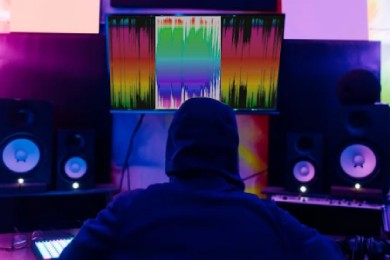

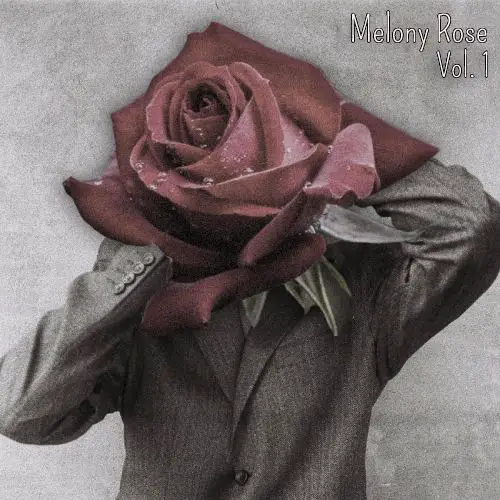
3 thoughts on “Is Sampling Music Legal?”
Comments are closed.